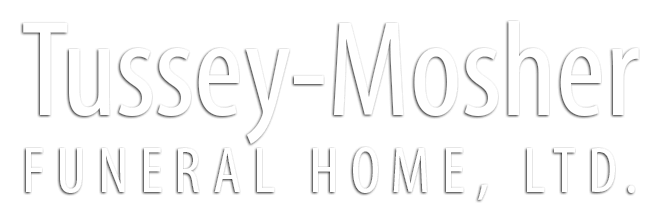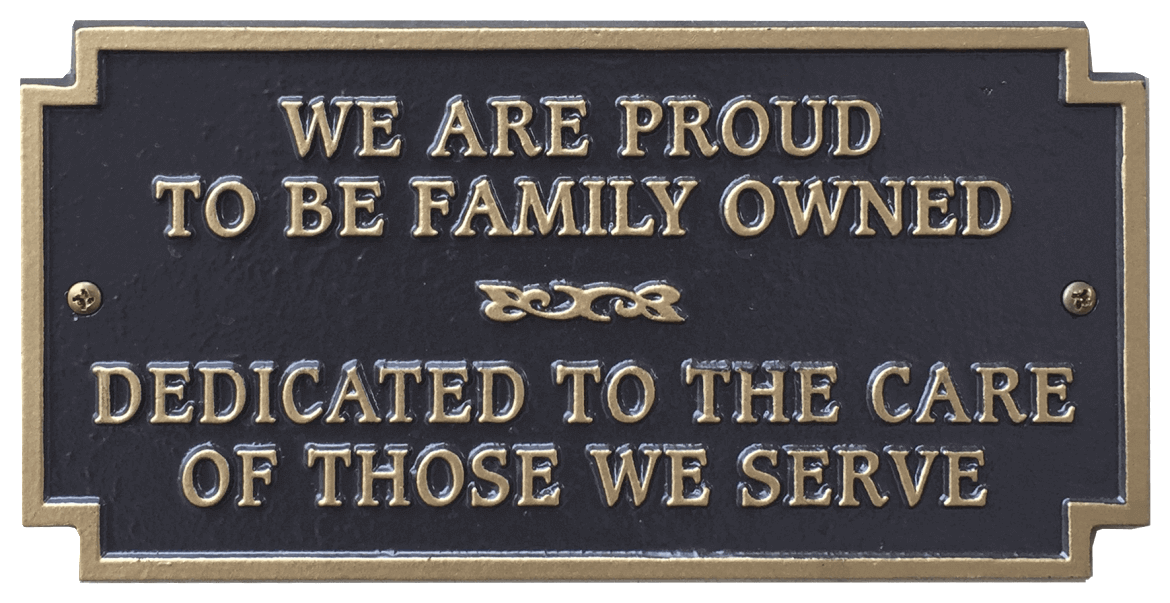When Death Occurs
First Steps After Losing a Loved One
There are a lot of choices to make right after someone you care about dies. You might be feeling more emotional right now, so it's a good idea to ask for help with all the decisions and plans. Also, the staff at the funeral home is happy to help you and your family make the best choices possible. This information can help you and your family get through the process.

Contact The Proper Authorities
A legal declaration of death must be made before any plans or choices can be made. The staff at the hospital or nursing home will take care of making this declaration if your loved one dies there. Call the local emergency services right away if your loved one dies at home. They will take them to the hospital where they can be legally declared dead. Hospice staff can declare family members dead if they die while in hospice care. The family can't start making funeral plans or taking care of any legal matters until this legal statement is made.
Begin To Make Arrangements
You and your family can start making funeral plans as soon as your loved one is declared dead. Your loved one may have already made plans for any kind of service, so you and your family should look into those first. If your loved one hasn't made any plans yet and you've chosen a funeral home, you'll call them and meet with the funeral director to talk about your options.
If the deceased didn't make their final wishes known during this time, the family will have to decide whether to bury or cremate the body and what kind of service to hold. You need to make decisions about the time, date, and place of the service, the type of casket or urn your loved one needs, the obituary notice, the pallbearers, and the details of the service, such as who will be the minister, what music will be played, and who will speak.
If the deceased was active or retired military, you should call the Veterans Administration to find out if they offer any death benefits or service options as part of the process of making funeral arrangements.
Information Funeral Directors May Need
After you meet with the funeral director, they will tell you what information or paperwork they need to get the death certificate or move forward with making final arrangements.
Information Required:
- Full name and address
- Marital status
- Race/Ethnicity
- Date and city of birth
- Highest level of education
- Father’s name, mother’s maiden name
- Name of spouse
- Occupation and employer
Documents Funeral Directors May Need
Funeral directors will need important documents to complete any legal paperwork. These documents include:
- Account statements
- Beneficiary designations
- Life insurance policies
- Military discharge papers (form DD 214)
- Social Security number
Taking Care Of Personal Property
After someone you care about dies, there are only a few things you need to do with their personal life. First, protect your loved one's belongings. Check to see that their home and car are safe. If your loved one has a pet, make sure that family or friends can take care of it. You should send any mail that comes to your loved one to a family member who will be in charge of their estate. Mail that builds up at an empty house only makes it clear to potential burglars that the house is empty. You should call the deceased's boss and tell them about the death. If your loved one had any appointments coming up, call them to let them know about the death and cancel the appointment.
We're Here to Help You Through Every Step
Our staff at Tussey-Mosher Funeral Home is experienced and knows how hard it is to make decisions when someone dies. We are here to help you right away and walk you through each step of the process with care and professionalism 24 hours a day, seven days a week.
We proudly serve families throughout Wellsboro, Liberty, Blossburg, Mansfield, and surrounding communities with immediate, compassionate assistance when you need it most.

